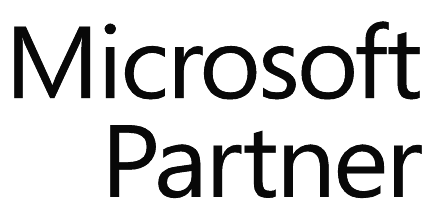HCL IBS Ltd Back-Office Workforce Optimisation
The Challenge
HCL IBS faced a continuous challenge operating a closed book revenue stream. The number of active policies on each book reduces over time. This, compounded by volatile economic markets, increasingly financially risk adverse customers and changing market regulations all caused a steady attrition to the outsourcer’s margins.
Having exhausted meaningful cost reduction through process and operating model initiatives, HCL IBS decided that they had to find a long-term solution to meet their challenges. They needed to find a platform agnostic solution that would sit on top of any policy administration system without the need for complex integration. The reliance on manual workarounds and a vast product range meant that a robust and flexible solution was needed to refocus hearts and minds; creating a common goal and shared vision of the future, with the flexibility to meet the changing face of UK regulations.

About the Customer
HCL initiated the Operational Excellence (OPX) project to deliver immediate and sustainable reductions in operational costs whilst improving productivity. The overriding principle? To develop a model that embraced end-to-end transaction processing where work moved seamlessly from start to finish.
The new model considered prioritisation, estimated effort at a granular level, resource skills and competence, and empowered line leadership to influence the distribution of work by type and queue, rather than manually assigning work.
The Solution
HCL initiated the Operational Excellence (OPX) project to deliver immediate and sustainable reductions in operational costs whilst improving productivity. The overriding principle? To develop a model that embraced end-to-end transaction processing where work moved seamlessly from start to finish.
The new model considered prioritisation, estimated effort at a granular level, resource skills and competence, and empowered line leadership to influence the distribution of work by type and queue, rather than manually assigning work.





